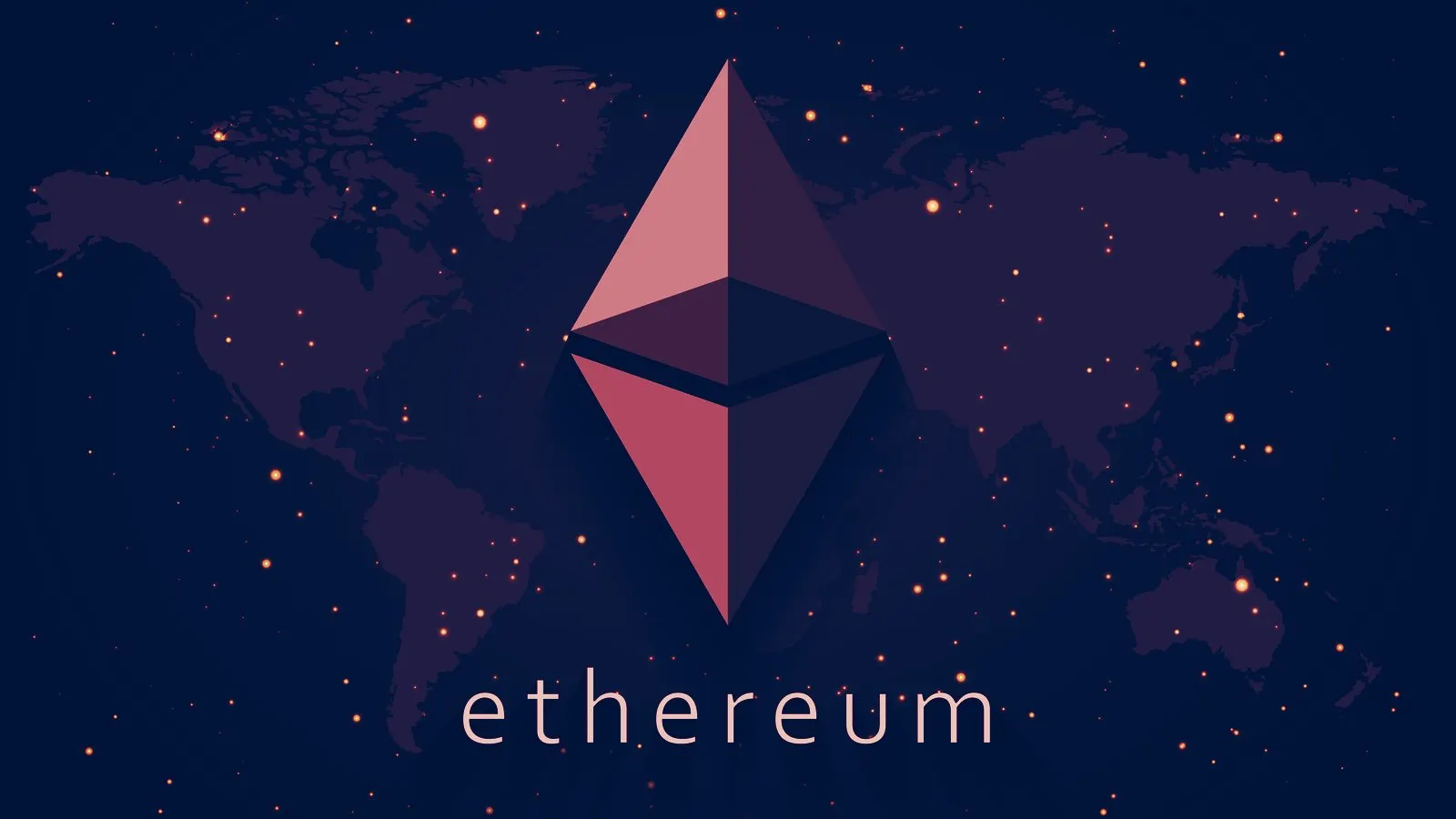In brief
- Ethereum 2.0 may not launch until 2021, according to Ethereum Foundation researcher Justin Drake.
- Ethereum 2.0 transitions the network from a proof-of-work system. It's been in the works for years.
- Vitalik Buterin, co-founder of Ethereum, has argued against Drake's claims and believes that Ethereum 2.0 is still on track to launch this year.
In a Reddit Ask-Me-Anything earlier today, Ethereum Foundation researcher Justin Drake said that Ethereum 2.0 might not launch until January 2021, far later than the 2020 release that the Foundation is pushing for.
It would mark yet another delay for ETH 2.0, which has suffered several setbacks throughout the year. So are we in for another one?
Not so fast, said Ethereum co-founder Vitalik Buterin, in response to Drake on Reddit. Ethereum 2.0 “might happen far sooner," he wrote in a comment.
Ethereum 2.0 is the next version of the Ethereum blockchain. It transitions the network from a proof-of-work system—where transactions are validated by power-hungry miners—to proof of stake, one where users are rewarded for locking up their coins. It’s been in the works for years.
For the launch to happen, Ethereum 2.0 would need, among other things, a public testnet and a bug bounty program running for two to three months, said Drake. “All the above cannot happen in Q3 2020,” he said. “I'm now inclined to say that the earliest practical date for genesis is something like January 3, 2021 (Bitcoin's 12th anniversary)."
Buterin disagreed in a reply to Drake’s AMA. For him, it’s full steam ahead. “I personally quite disagree with this and I would favor launching phase 0 significantly before that date [January 2021] regardless of level of readiness,” he said. “I'd argue the four-month clock started ticking for us at the beginning of July,” he said, in reference to this month’s launch of Altona, a testnet for Ethereum 2.0.
Ethereum Foundation researcher Danny Ryan also thinks that Ethereum 2.0 will launch this year: “I and others are still putting money on 2020,” he commented in the Reddit AMA. “I'll note that others at the EF are more optimistic than me by a handful of weeks,” Drake responded.
Why does Buterin think Ethereum 2.0 is still on track to launch this year?
Buterin said that the first phase of Ethereum 2.0 “is in some ways simpler than eth1 and in some ways more complex.” The rollout of a proof-of-stake network, a departure from the current proof-of-work system, is among its complexities, but no more difficult to implement than the original blockchain, according to Buterin.
“I'm inclined to say eth2 phase 0 is a little simpler on-net. Also, eth2 is not going to have any critical applications depending on it until phase 1, so the practical risks of breakage are lower,” he said. “So on the whole I see no reason to take more time for the eth2 phase 0 launch cycle than we did for the eth1 launch,” he concluded.
Drake didn’t bite. “The unfortunate reality is that we're not there yet from a security standpoint. There's no bug bounty program, no differential fuzzing, no incentivized attack net.”
So when Ethereum 2.0? Your guess is as good as ours.
Daily Debrief Newsletter
Start every day with the top news stories right now, plus original features, a podcast, videos and more.

